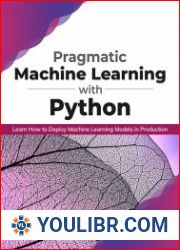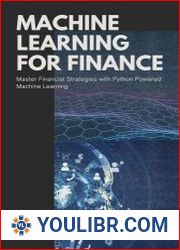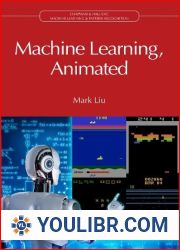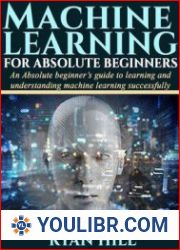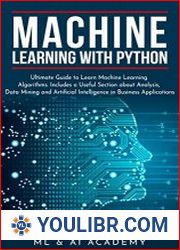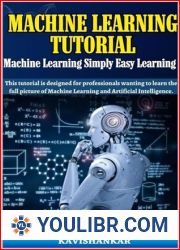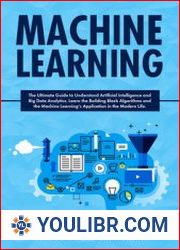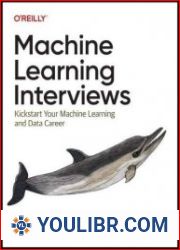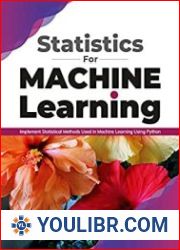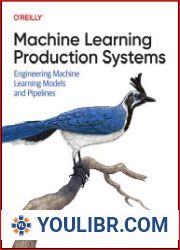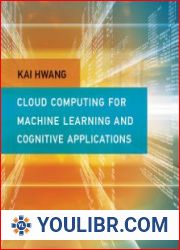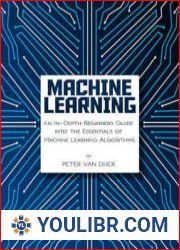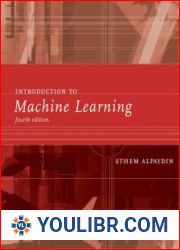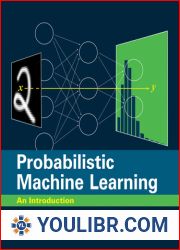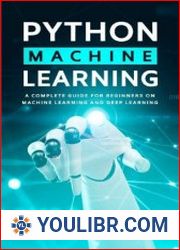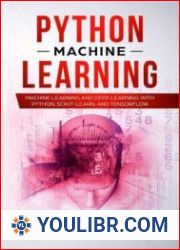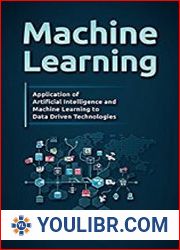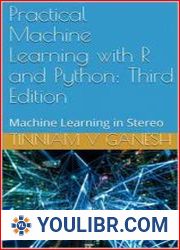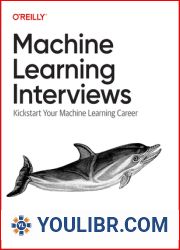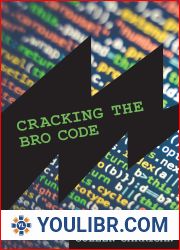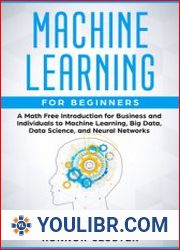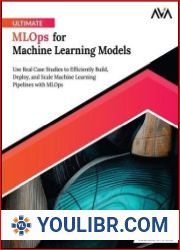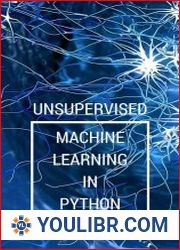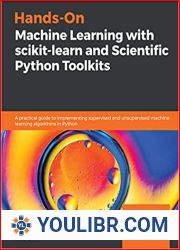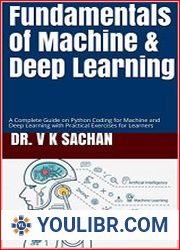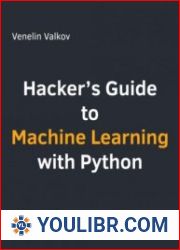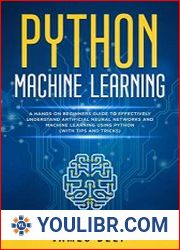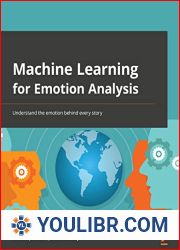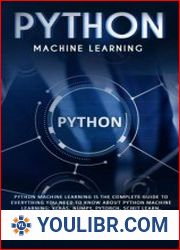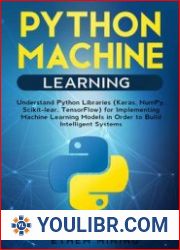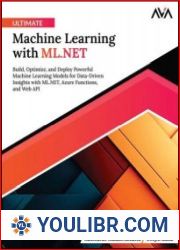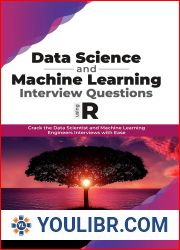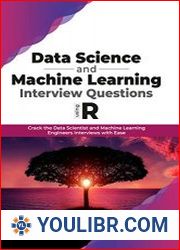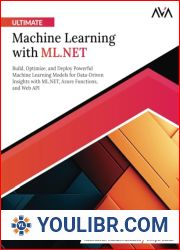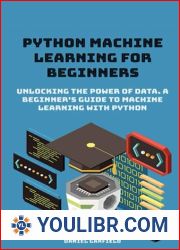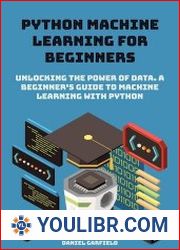
BOOKS - Cracking the Machine Learning Code Technicality or Innovation?

Cracking the Machine Learning Code Technicality or Innovation?
Author: KC Santosh, Rodrigue Rizk, Siddhi K. Bajracharya
Year: 2024
Format: PDF | EPUB
File size: 35.1 MB
Language: ENG

Year: 2024
Format: PDF | EPUB
File size: 35.1 MB
Language: ENG

Book Description: Cracking the Machine Learning Code Technicality or Innovation is a thought-provoking book that delves into the intricacies of machine learning and its impact on society. The author argues that understanding the technicalities of machine learning is essential for both technological advancement and societal progress. The book explores the intersection of technology and innovation, highlighting the importance of balancing technical expertise with creative thinking to drive meaningful change. It challenges readers to question their assumptions about the role of machines in society and encourages them to embrace a more nuanced view of technology's potential. The book begins by examining the historical context of machine learning, tracing its evolution from simple algorithms to complex neural networks. It then delves into the inner workings of these systems, explaining how they learn and improve over time. The author emphasizes the need for a deep understanding of the underlying principles to harness the full potential of machine learning. As the book progresses, it becomes clear that the author's ultimate goal is to inspire a new approach to technological development, one that prioritizes human values and ethics alongside technical prowess.
Cracking the Machine arning Code Technicality or Innovation - книга, заставляющая задуматься о тонкостях машинного обучения и его влиянии на общество. Автор утверждает, что понимание технических особенностей машинного обучения имеет важное значение как для технического прогресса, так и для общественного прогресса. Книга исследует пересечение технологий и инноваций, подчеркивая важность баланса технического опыта с творческим мышлением, чтобы стимулировать значимые изменения. Он заставляет читателей усомниться в своих предположениях о роли машин в обществе и призывает их принять более детальное представление о потенциале технологий. Книга начинается с изучения исторического контекста машинного обучения, прослеживая его эволюцию от простых алгоритмов к сложным нейронным сетям. Затем он углубляется во внутреннюю работу этих систем, объясняя, как они учатся и улучшаются с течением времени. Автор подчеркивает необходимость глубокого понимания основополагающих принципов для использования всего потенциала машинного обучения. По мере развития книги становится ясно, что конечная цель автора - вдохновить новый подход к технологическому развитию, который отдает приоритет человеческим ценностям и этике наряду с техническим мастерством.
''










